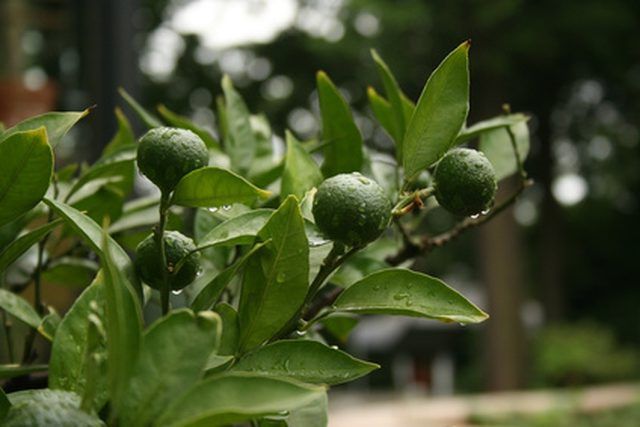Bulbs
Flower Basics
Flower Beds & Specialty Gardens
Flower Garden
Garden Furniture
Garden Gnomes
Garden Seeds
Garden Sheds
Garden Statues
Garden Tools & Supplies
Gardening Basics
Green & Organic
Groundcovers & Vines
Growing Annuals
Growing Basil
Growing Beans
Growing Berries
Growing Blueberries
Growing Cactus
Growing Corn
Growing Cotton
Growing Edibles
Growing Flowers
Growing Garlic
Growing Grapes
Growing Grass
Growing Herbs
Growing Jasmine
Growing Mint
Growing Mushrooms
Orchids
Growing Peanuts
Growing Perennials
Growing Plants
Growing Rosemary
Growing Roses
Growing Strawberries
Growing Sunflowers
Growing Thyme
Growing Tomatoes
Growing Tulips
Growing Vegetables
Herb Basics
Herb Garden
Indoor Growing
Landscaping Basics
Landscaping Patios
Landscaping Plants
Landscaping Shrubs
Landscaping Trees
Landscaping Walks & Pathways
Lawn Basics
Lawn Maintenance
Lawn Mowers
Lawn Ornaments
Lawn Planting
Lawn Tools
Outdoor Growing
Overall Landscape Planning
Pests, Weeds & Problems
Plant Basics
Rock Garden
Rose Garden
Shrubs
Soil
Specialty Gardens
Trees
Vegetable Garden
Yard Maintenance
Lime Tree Fertilizer
Lime Tree Fertilizer. Gardeners living in warmer climates often enjoy growing lime trees to produce their own fruit. Though not difficult to grow, lime trees, like all other citrus trees, need special care to keep the tree healthy and well nourished. All citrus trees are heavy feeders, which means you must apply a high-quality fertilizer...

Gardeners living in warmer climates often enjoy growing lime trees to produce their own fruit. Though not difficult to grow, lime trees, like all other citrus trees, need special care to keep the tree healthy and well nourished. All citrus trees are heavy feeders, which means you must apply a high-quality fertilizer periodically throughout the growing season.
Lime Tree Nutrition
Lime trees, like all citrus trees, are heavy feeders and take up a great deal of nitrogen. They can quickly deplete the nitrogen in the soil, so replenishing it is important for the growth of the tree and the production of high-quality fruit. Lime trees also require phosphorous for bloom production. Micronutrients like magnesium, boron, copper and zinc and also needed for the production of fruit.
Chemical Fertilizers for Lime Trees
Commercial chemical fertilizers are available for lime and citrus trees. These fertilizers contain nitrogen, phosphorous and potassium in various percentages of composition. An 8-8-8 commercial fertilizer contains 8 percent nitrogen, 8 percent phosphorus and 8 percent potassium. This is a good composition for young, non-bearing citrus trees. A mature, fruit-bearing tree would require a higher percentage of nitrogen, so a 12-0-12 mix is ideal. Slow-release fertilizers that dissolve their nutrients over time, usually a 6- to 9-month period, are often recommended.
Organic Fertilizers for Lime Trees
Many gardeners are concerned about the run-off from chemical fertilizers into the environment. They may choose to use a natural garden compost or animal manure fertilizer to add nutrients to the soil around lime trees. Nutrients in this type of fertilizer become available to the tree less quickly than chemical fertilizers, however, and may have to be applied more frequently. Chicken manure is higher in nitrogen (2 percent) than cow manure (1 percent), and so may be more suitable for nitrogen depletion in the soil. Fish emulsion can also be used for additional nutrition.
When to Apply Fertilizer
For mature trees, 3 applications of fertilizer per year is sufficient, one in the fall or winter, one in early spring, and one during the late summer. If slow-release fertilizers are used, apply every 6 to 9 months according to package directions. Apply additional fertilizer only when signs of nutritional deficiency is evident.
Fertilizer Precautions
Young lime trees should not be fertilized during the first year to avoid problems with burning. After the first year, fertilizer can be applied to the soil around young lime trees in a 3-foot circle, making sure that the fertilizer does not touch the trunk or roots directly. Avoid use of soluble nitrogen fertilizers during periods of heavy rain to minimize groundwater contamination.